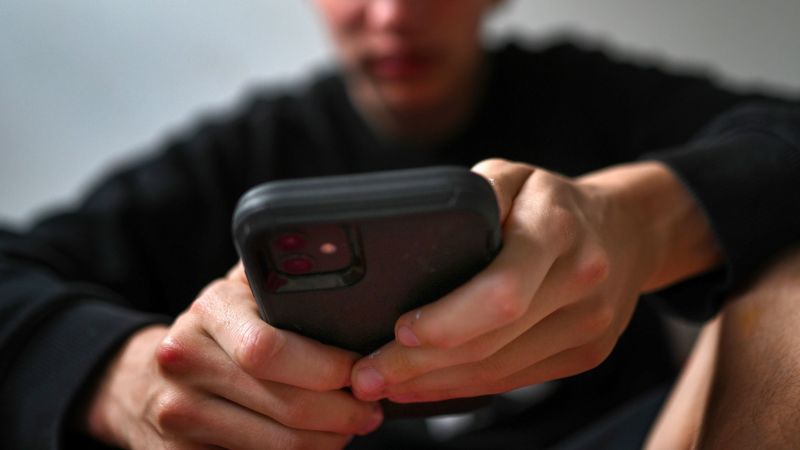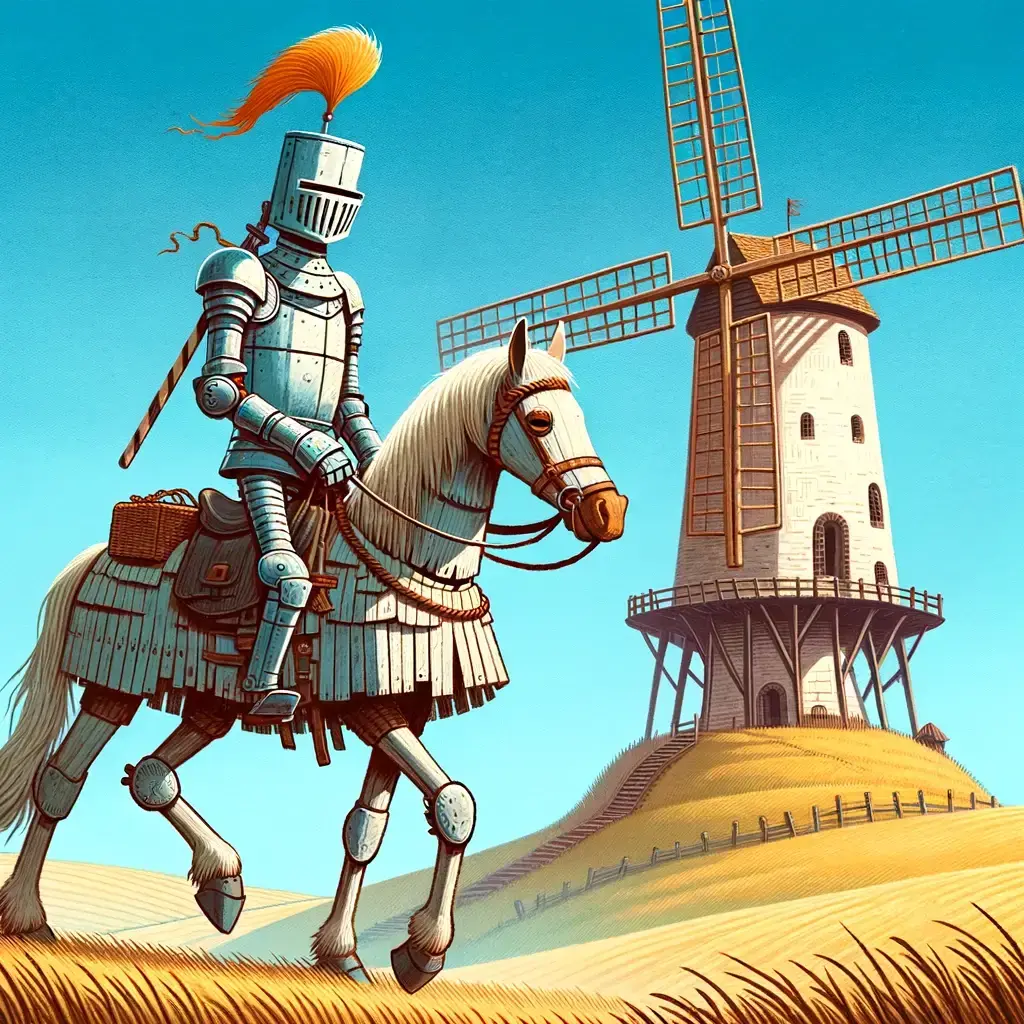Wonder how it’s actually going to be enforced. Judging from the article, it’ll all be up to the tech companies themselves which historically didn’t turn out to be that effective (examples: age fields on services like Discord and Gmail and porn).
The only effective way I can think of is having to send a picture of your ID but that’s hella invasive
There are existing systems that use a digital token created with the ID document. Only this token that confirms the user’s age is sent to the social media site, which means its minimally privacy invasive. Unfortunately, it seems like nothing like this is planned to be used in Australia.
Someone still needs to create that digital token from your ID, which means someone’s still using and storing your data, and potentially selling it or having it leaked.
And you need a central online API to validate the token, like oauth, which means any system using it needs to be connected to the Internet, and that API needs to be very reliable, kept up-to-date, and DDOS resistant.
Or require the user to enter a PIN like with x509 certs, but then you also need a way for people to reset their PIN when it gets forgotten or compromised which means a huge bureaucratic burden and expense. And between the time of needing a reset and getting it, you’ll be unable to access any services requiring your ID token which will almost definitely cause some people from making payments (if banks change to requiring a digital ID token) and who knows what else.
There will also be a requirement for hooking this death records in order to disable people’s tokens when they die to prevent identity theft. That’s going to require cooperation from private corporations (hospitals) and the government. I get that this is already done to an extent, but there are likely other processes like this that need to be established for this system to work and it’s not trivial.
That’s just the reality of doing business on the Internet. This is by far the best way of doing it right now, not that this information appears to have made it down under so far.
While Australia’s new legislation is ham-fisted and poorly thought out, the intent isn’t wrong and there’s broad consensus for it (77% approval in Australia). We need to do something about the uncontrolled exploitation, manipulation and endangerment of minors by social media services. Corporations are clearly not interested in protecting them and parents are obviously incapable of it as well (although I could have told you the same thing 20 years ago). That’s precisely the kind of issue where the government is supposed to step in with regulation of some sort.
That’s just the reality of doing business on the Internet.
That’s just not true. You can absolutely get by on the internet remaining pretty much anonymous, as it is. Very few services need (and verify) your personal data; when they do it’s basically always when it’s government-mandated, and it’s for things that have a “physical” equivalent.
i.e. creating a bank account online requires your actual ID, but so it would if you tried to do it “offline” in a physical bank (and you largely have a choice on whether or not you do it online).
Then you have stuff like online shopping and such where most people probably use their actual personal information but you don’t have to and it’s generally not checked.
This is an unprecedented change, where suddenly for access to a free service someone needs to ask for and validate some very private details. And it fucking sucks.
While Australia’s new legislation is ham-fisted and poorly thought out, the intent isn’t wrong and there’s broad consensus for it (77% approval in Australia). We need to do something about the uncontrolled exploitation, manipulation and endangerment of minors by social media services.
That’s the issue though; I agree that something needs to be done, but you need to do it more or less correctly on the first try or you’ll probably make it even worse.
Letting natural consequence play its part is better than accidentally making things worse. And doing things right the first time, in a skilled and quick manner, is better than letting a mess remain as it is.
deleted by creator
I should have mentioned that these tokens are one time only.
This is not good. This isn’t about “protecting the children” this is about control. This will hurt those who are most vulnerable. If it weren’t for the internet I probably would have died a while ago.
Adults, take my warning, they will come for you next. Its a matter of time
You think they’re going to raise the drinking age too? This is not inevitable.
Yeah, maybe I’m being too negative, but people need to act,
This seems like it’s going to be really bad for LGBTQ+ minors. Finding community online at around 13-14yo literally saved my life.
About time somebody tried it
And they expect that a 16-year-old won’t figure that out…
I guess we’ll see what happens.
Unlike in the past, current-day teenagers are less technologically competent than older people. The vast majority will not be able to figure it out, especially those who were using TikTok as a search engine (I wish I was making this up).
deleted by creator
Awful
I’d prefer for kids to learn to navigate social media whilst they have access to adult supervision and oversight. 16yos aren’t going to listen to their parents’ advice.
16yos aren’t going to listen to their parents’ advice.
That’s why I started and continued to talk to my two sons about it from a very young age (5 years old). Now they are teenagers and don’t have any online problems.
What did you go over?
It’s not enough just to discuss it in the abstract, they need to interact with it in a controlled environment
I agree. One of my sons doesn’t want to use social media (he tried several and didn’t like any of them). My other son only uses Reddit to find interesting things and information in niche subjects (he rarely interacts with anyone on the platform).
Something the article doesn’t clarify is whether this is meant to only to apply to kids in Australia. Normally that would be obvious, except that Australia already has tried to demand social media companies remove content even for non-Australian users on the basis that Australians could bypass geo blocking with VPNs. If age checks are location/ IP based, they could make the same (bad) argument.
Australia hopefully has their own home grown social media sites by now. Every other country that decides to wholesale ban all foreign social media tend to have replacements ready when they do it.
Whether this is good or terrible honestly kind of depends on how they define social media. Is discord social media? Are forums? Is Reddit?
Arguably nobody really benefits from exposing children to feeds full of toxic and angry adults, but that doesn’t mean no communities should allow children. Like, there’s nothing wrong with kids dipping their toes into the Internet and learning and growing from it, but I don’t think it’s necessarily the best thing to just hand them the keys to the worst elements.
Also like, I prefer adult communities over all age communities by a long shot.
Which empire has the best firewall?
*Mass Identification Scheme









